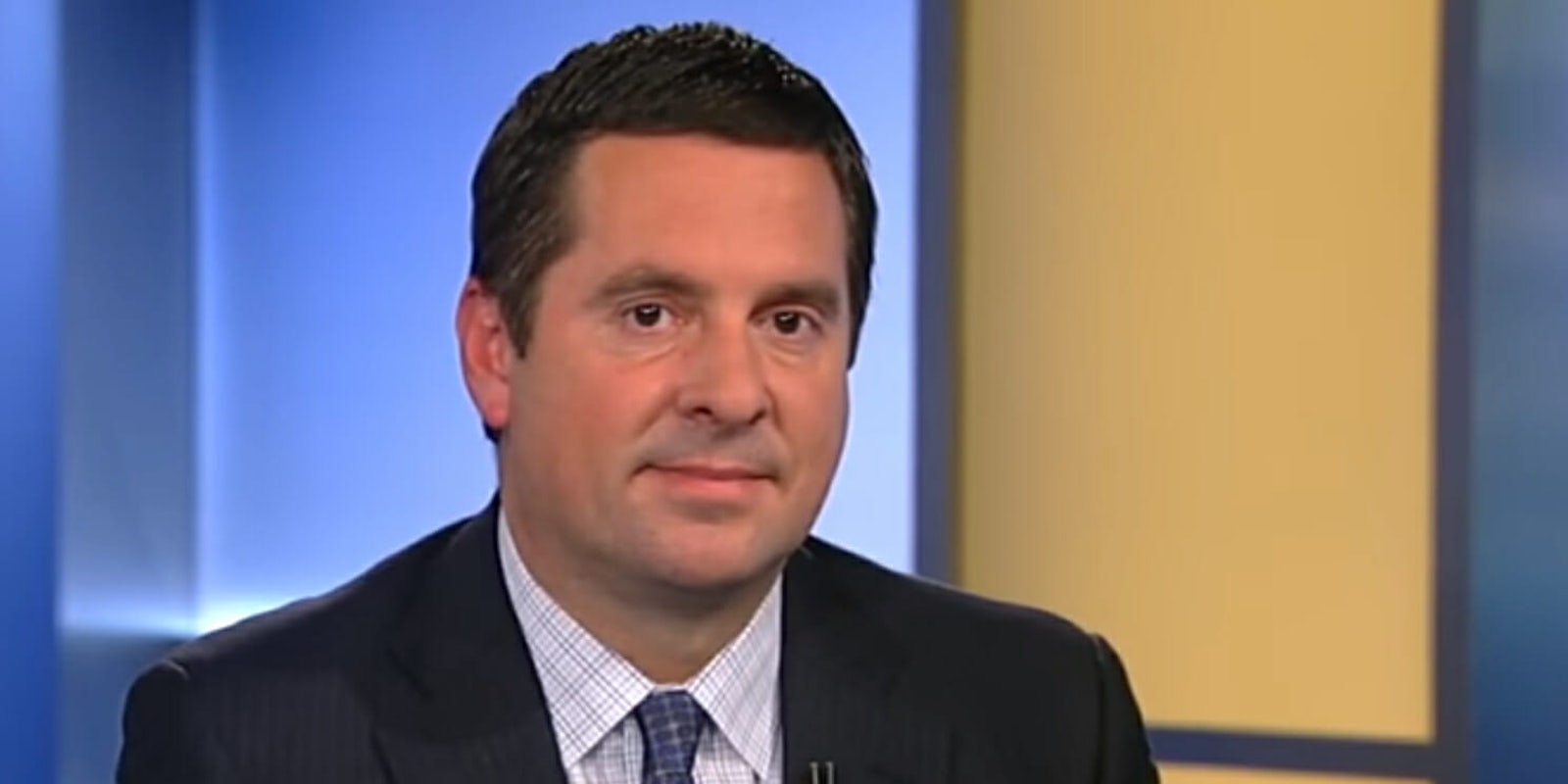The FBI said it has “grave concerns” about omissions and inaccuracies in a controversial FISA memo written by Rep. Devin Nunes (R-Calif.) just hours after President Donald Trump said he would “100 percent” release it.
The memo alleges that the FBI obtained a warrant from the Foreign Intelligence Surveillance Court to surveil former Trump adviser Carter Page during the 2016 election using the so-called Steele dossier, the same document that contained the “pee tape.”
The House Intelligence Committee voted on Monday night to release the memo, which was compiled by Nunes and his staff. However, the House will not release the classified documents the memo is based on–essentially making the memo an interpretation of what Nunes and his staff saw in the documents. Democrats have called the memo “rife with factual inaccuracies.” By voting the release the memo, the committee gave Trump several days to decide whether to make it public.
Shortly after his State of the Union address, Trump was overheard telling Rep. Jeff Duncan (R-S.C.) he would “100 percent” release the memo and telling the lawmaker: “don’t worry.”
“The FBI takes seriously its obligations to the FISA Court and its compliance with procedures overseen by career professionals in the Department of Justice and the FBI,” the FBI’s statement reads, adding: “With regard to the House Intelligence Committee’s memorandum, the FBI was provided a limited opportunity to review this memo the day before the committee voted to release it. As expressed during our initial review, we have grave concerns about material omissions of fact that fundamentally impact the memo’s accuracy.”
The memo has been a source of controversy since its existence was revealed a few weeks ago.
Several reports have suggested that the nation’s top law enforcement agencies have concerns with the accuracy of the memo, the contents of which have become something of a conspiracy theory among ardent Trump supporters. The hashtag #ReleaseTheMemo has circulated among conservatives.
FBI Director Christopher Wray, who replaced James Comey after Trump abruptly fired him last year, and Deputy Attorney General Rod Rosenstein are both reportedly against the release of the memo.


